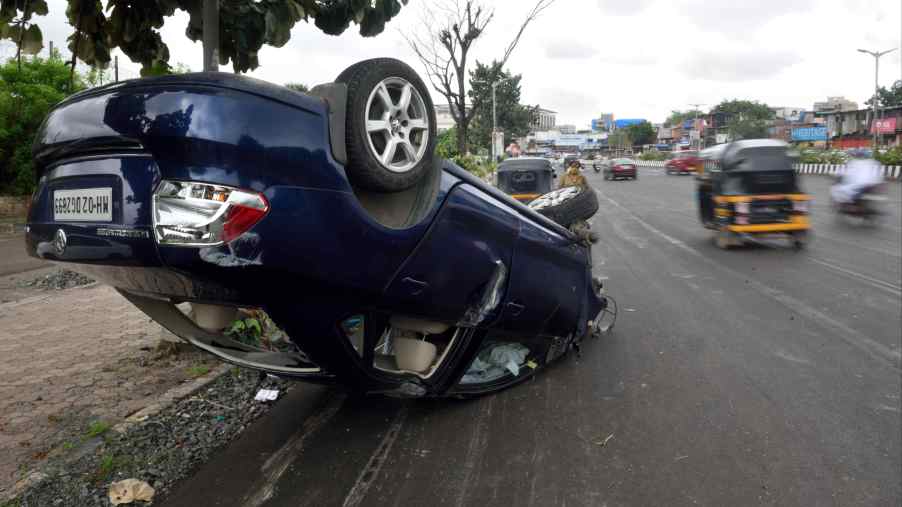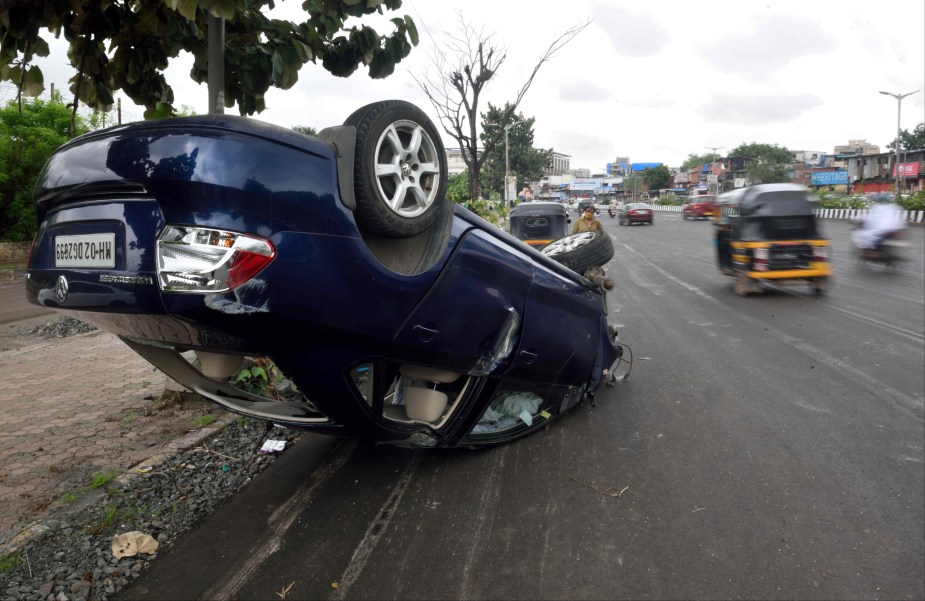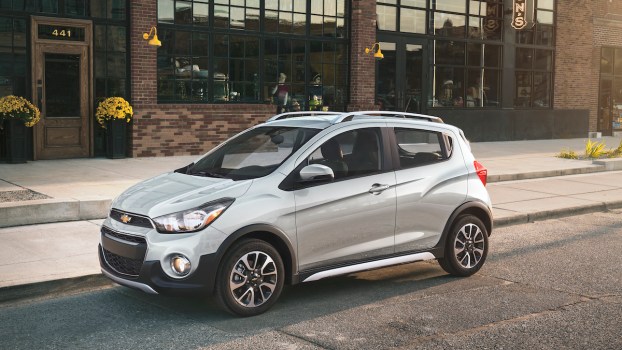
New Study Reveals How Everyone Pays the Price for Car Accidents
Car accidents can be costly, but a new study has revealed that the costs are much higher than previously thought. In 2019, car accidents cost an estimated $340 billion in damage—but it’s not just the people involved in the accidents who pay. The public pays a big chunk of these costs as well. Surprisingly, that’s not including the long-term quality of life from accident-related injuries. Find out how everyone pays according to this new study.
Don’t forget taxpayer costs and insurance costs

Kelley Blue Book states that the public bears much of the cost, but the “public revenues paid for roughly 9 percent of all motor vehicle crash costs.”. Taxpayers end up paying $30 billion, which equals about $230 in added taxes for every American household. Not to mention, growing accident costs can also make insurance costs go up.
Progress has been made through safety innovations
Totals have decreased from the previous study conducted in 2010. According to Kelley Blue Book, the study states, “Some aspects of this decline are likely to remain and even accelerate as the older on-road fleet is replaced by more modern vehicles with advanced safety features such as automatic emergency braking and other advanced crash avoidance systems.”
Tips to avoid car accidents
Of course, no one likes getting into an accident. But there are some tips you can follow to help reduce your chances of being involved in a collision. One of the bigger safety measures is to follow the speed limit. Aggressive driving is another leading cause of car accidents. It’s important to stay calm and logical while driving and avoid distractions, especially distractions like texting while driving, which is illegal in many states.
Give yourself plenty of time to get to where you need to go. Rushing can lead to reckless driving. Another vital tip is to buckle up. Seat belts save lives, and driving sober, alcohol and drug use increase your chances of being involved in an accident.
Having your vehicle inspected regularly is a great way to reduce your chances of being involved in a collision. It helps identify if you have faulty brakes or tires that can lead to a dangerous situation, especially in heavy traffic. Always using your turn signals when changing lanes or turning at intersections lets other drivers know what you intend to do so they can adjust accordingly.
Car accidents are costly—not just financially but also emotionally and physically. They affect us all, even if we aren’t directly involved. Taxpayers also end up paying a huge chunk of these costs each year. Fortunately, there are steps we can take as drivers—like following speed limits and avoiding distractions behind the wheel—to help reduce our risk of being involved in an accident and keep ourselves and others safe on our roads.






